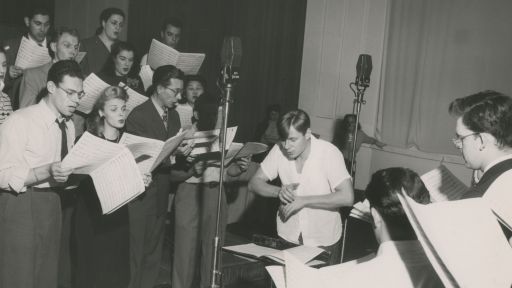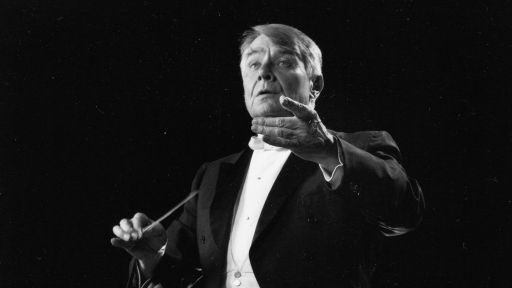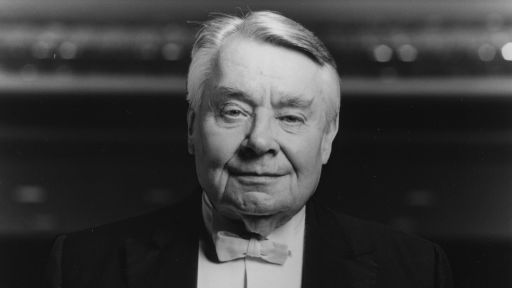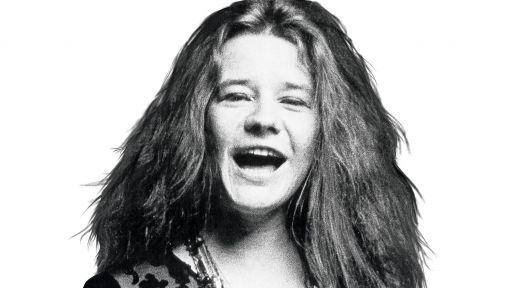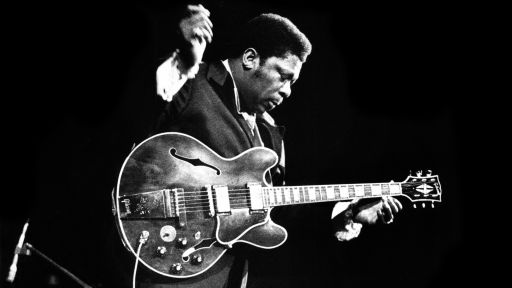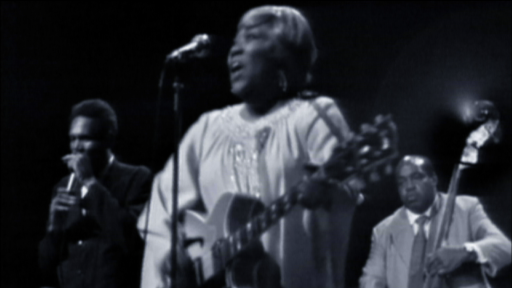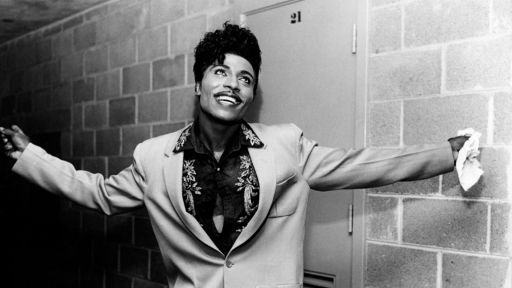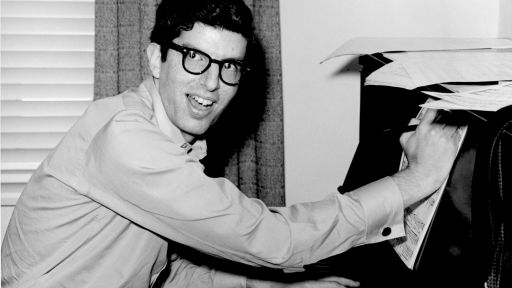TRANSCRIPT
(piano music) - [Robert Shaw] I read a score with difficulty.
I don't have keyboard skills.
And so it's a real chore to learn a new major work.
- When he was studying a score, he would have to sit at the piano in his studio with one finger, at the most three or four fingers, very slowly, very carefully trying to play on the keyboard, the score that was in front of him.
- He just worked like crazy, all the time.
As if he had a responsibility to that itch that was in him, to get to this music.
- He said, 'My entire life has been a makeup lesson,' because he didn't get lessons in voice, he didn't get lessons in piano, he really just acquired his skills as an amateur, and pretty soon he was in no amateur world.
- The journey from popular to classical music was painfully difficult and Shaw got his share of bad reviews from doubting critiques.
- They were so hard on him.
There was never a good review.
The man has been with Fred Waring for years, why on earth would he presume to come and voice this Requiem on us, he's not a conductor of serious music.
- People associate Shaw with popular music.
So this has been both a blessing and a curse because the tradition of all Castro conduction doesn't come that way.
- Arturo Toscanini, the greatest conductor of his time, knew talent when he saw it.
He insisted that Robert Shaw prepare the colligate coral, in a performance of Beethoven's 9th symphony with the MBC symphony orchestra.
(symphony music)

